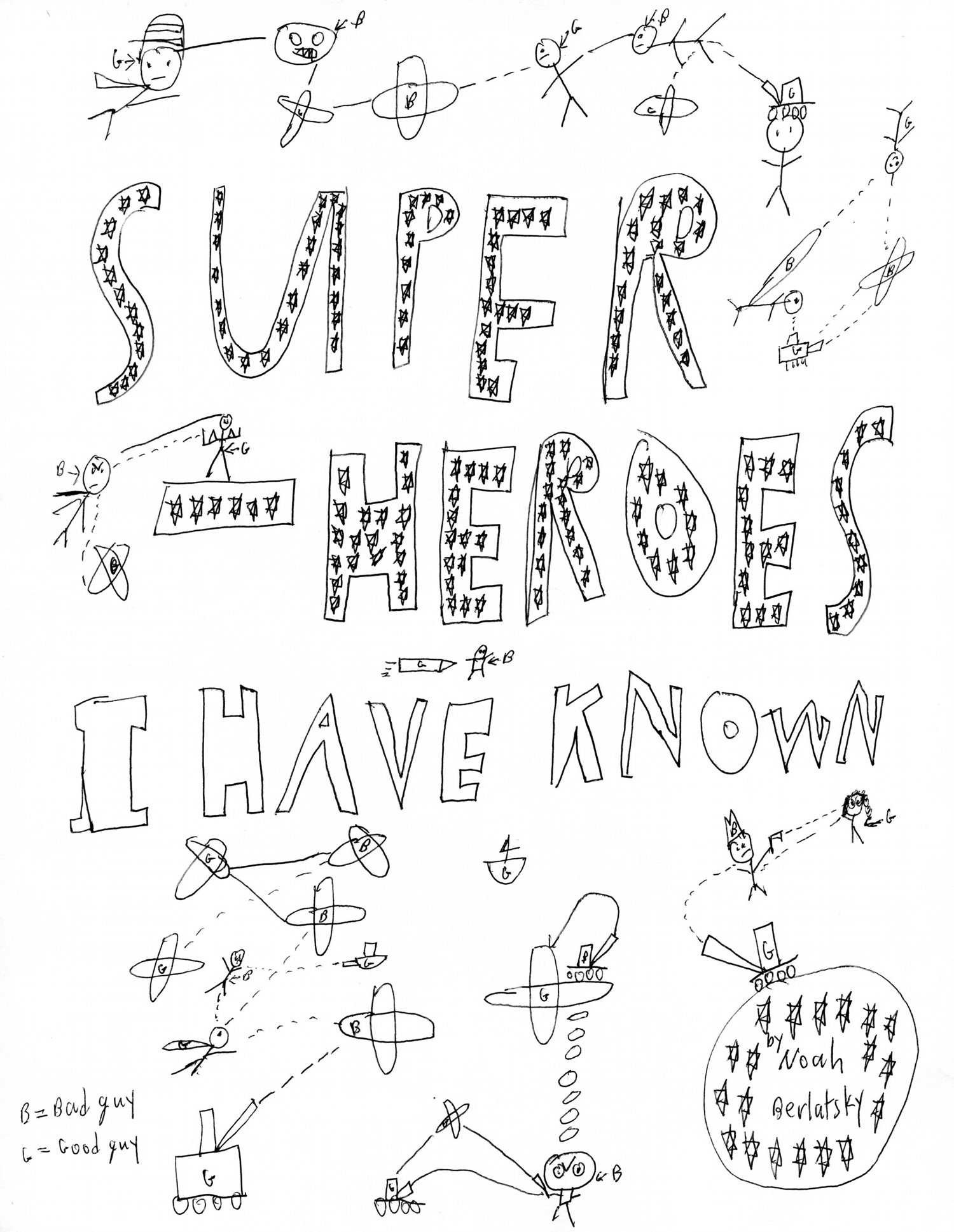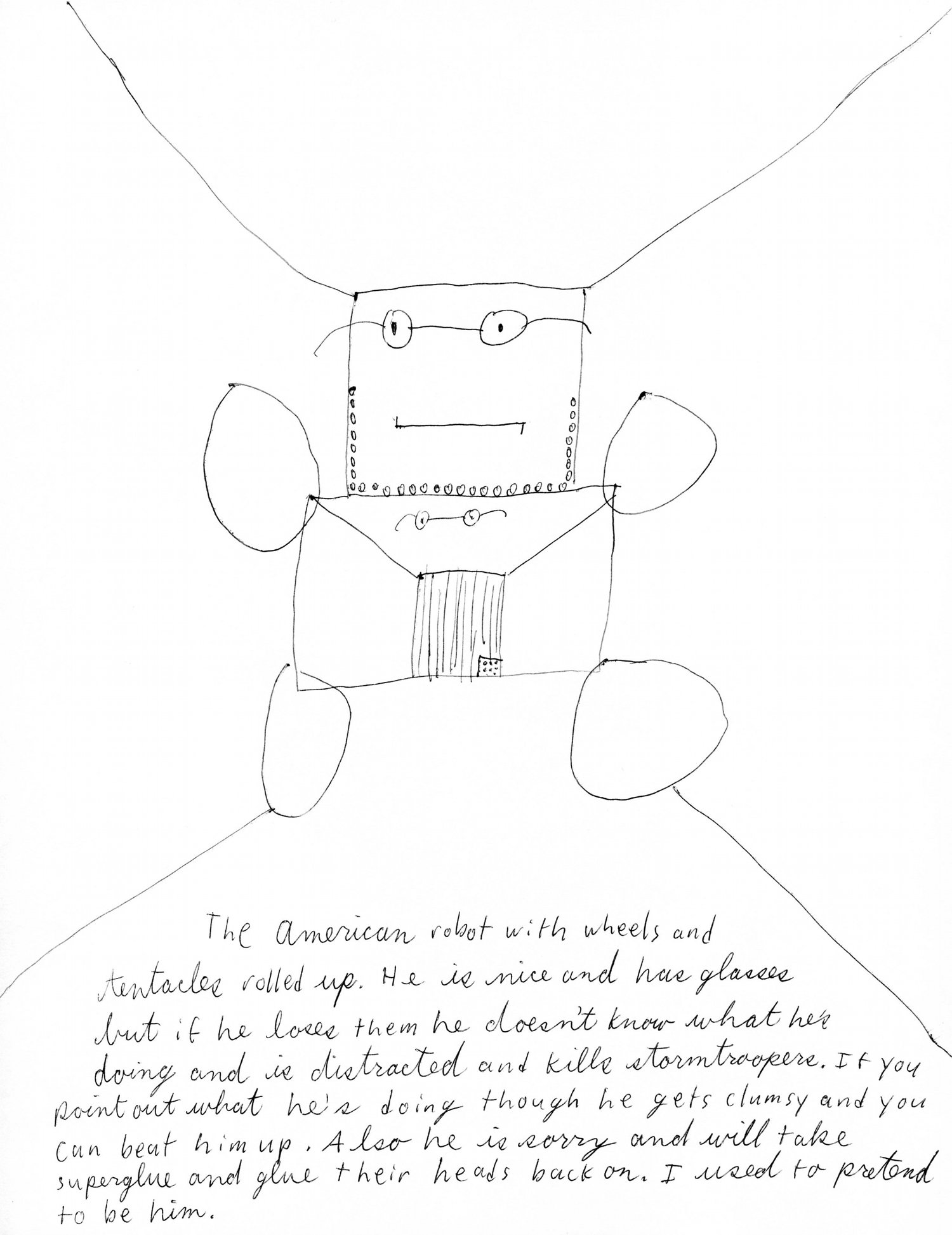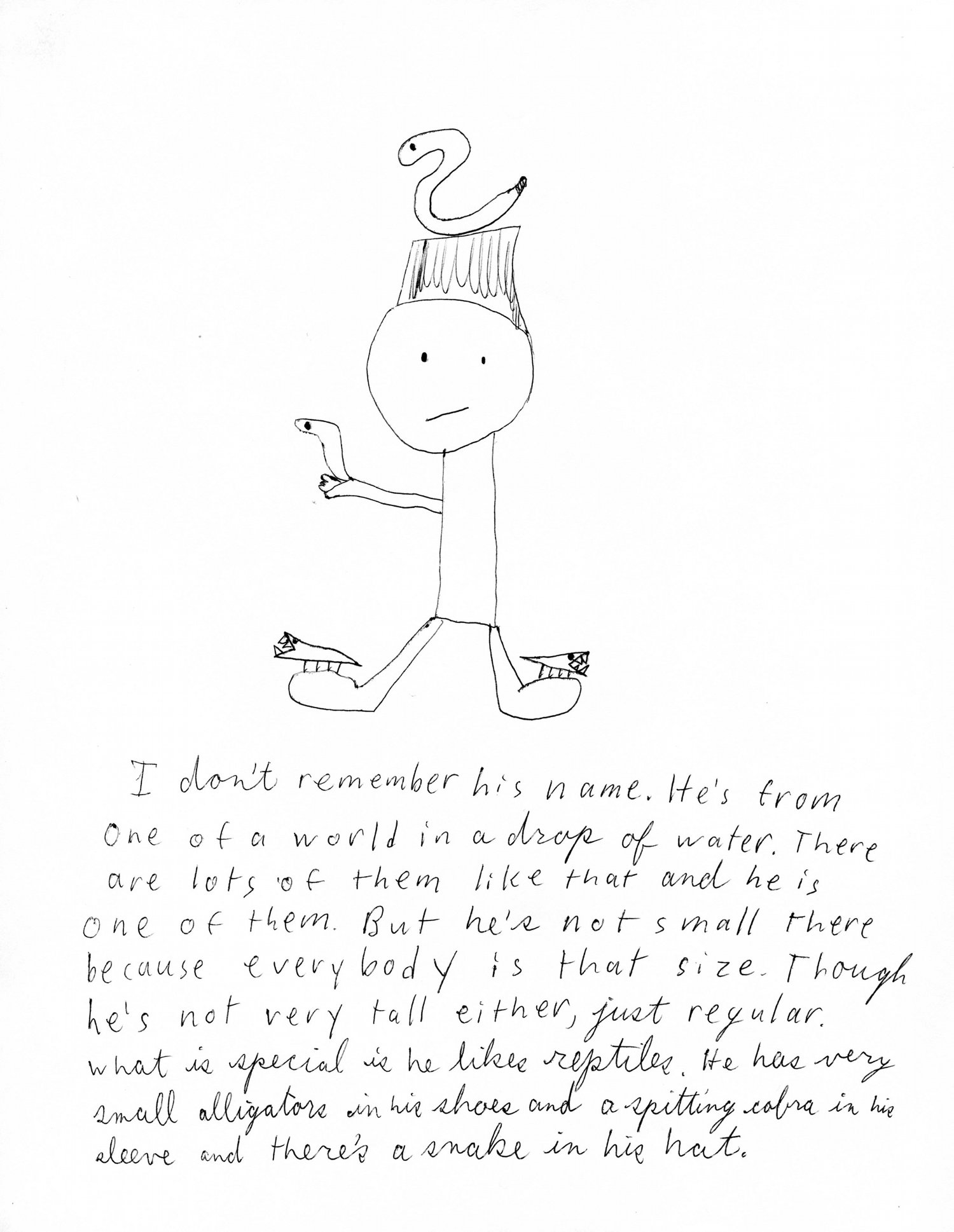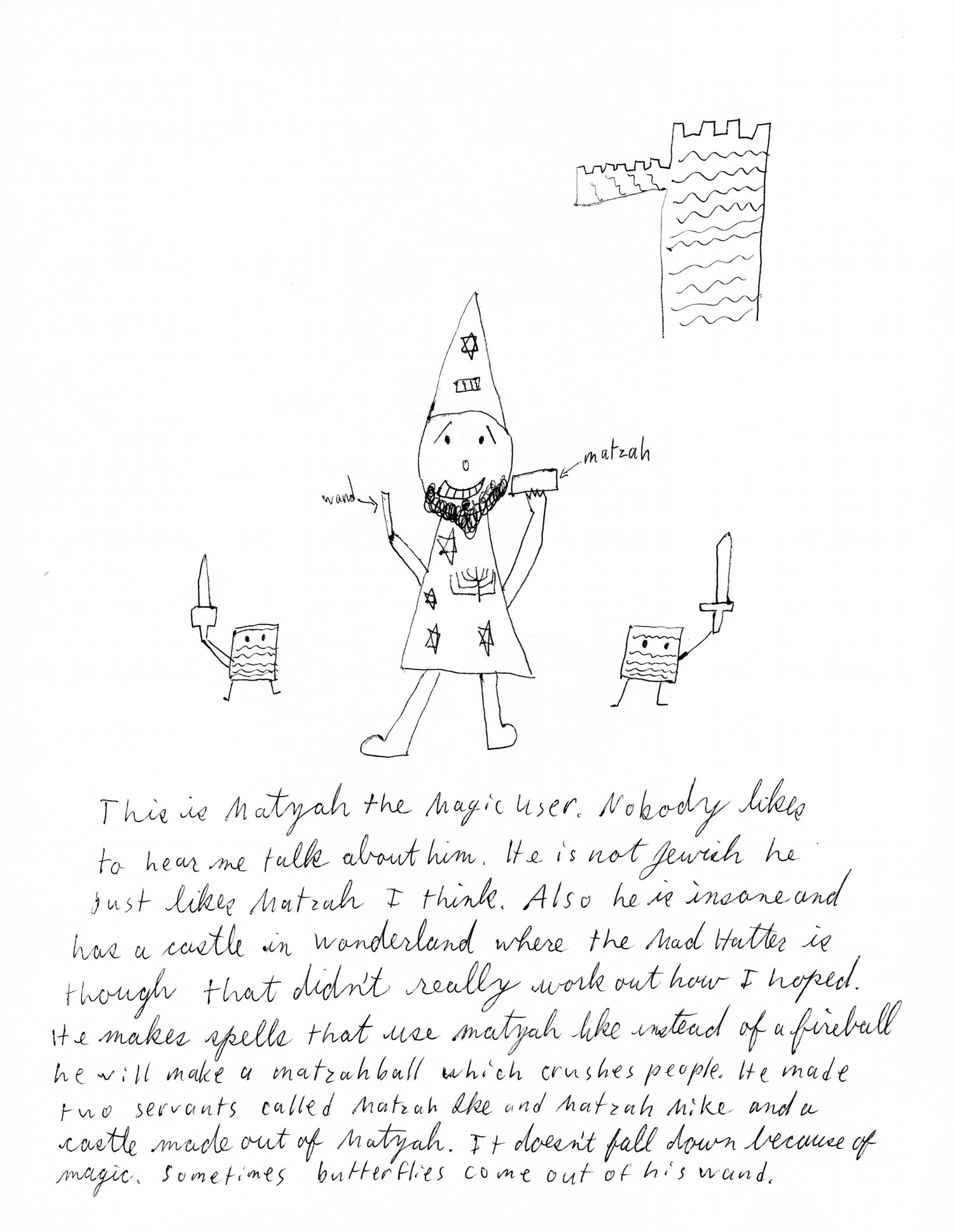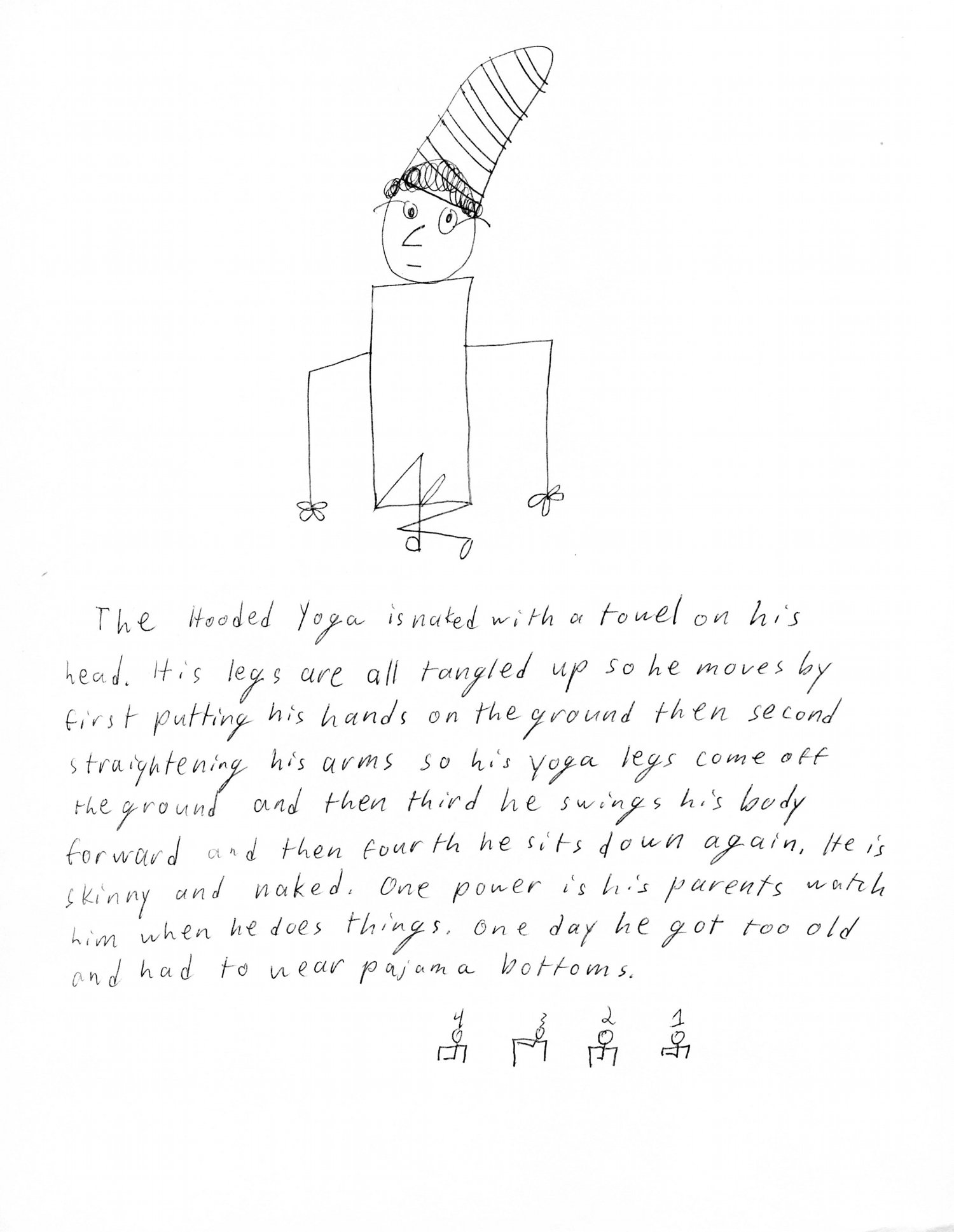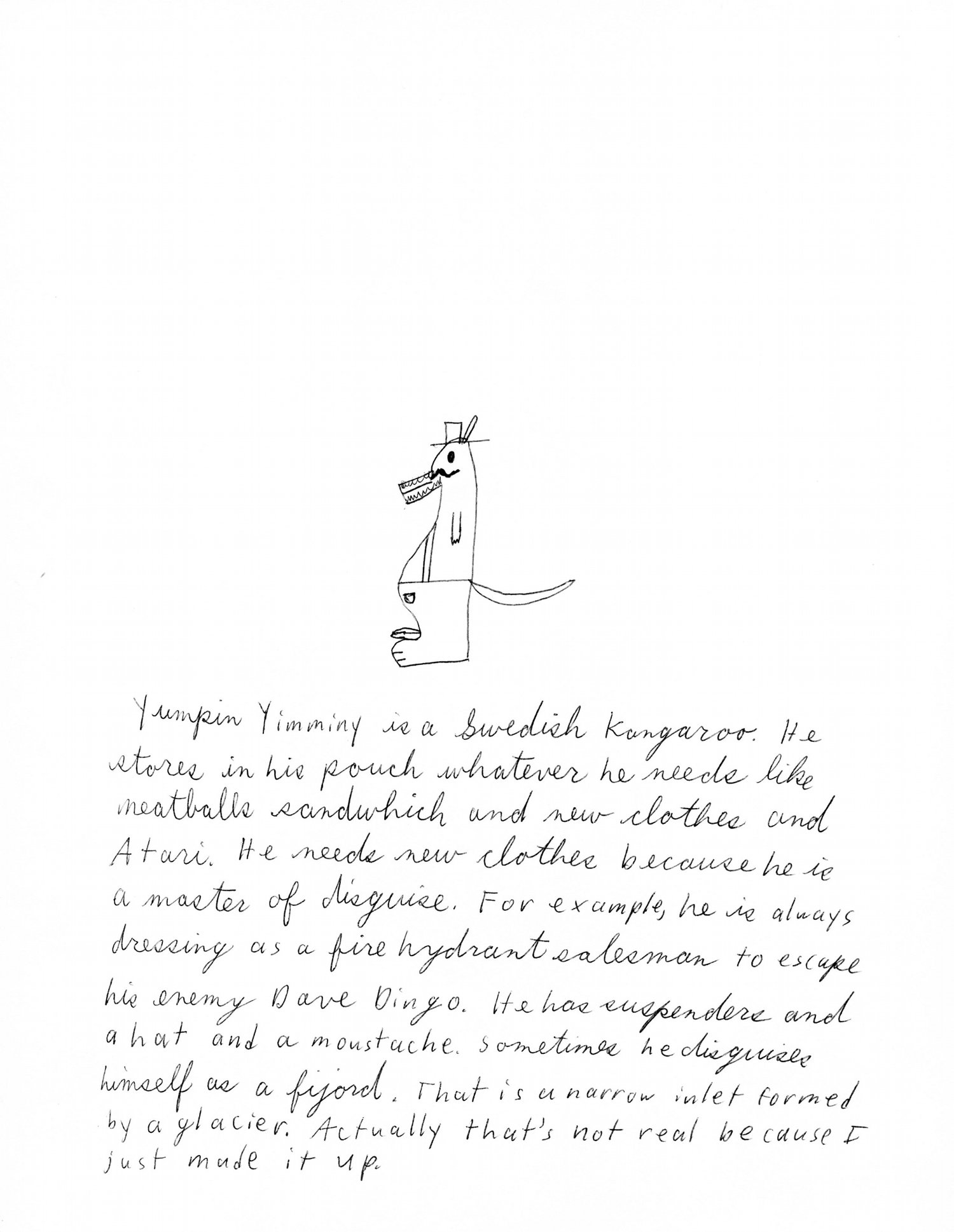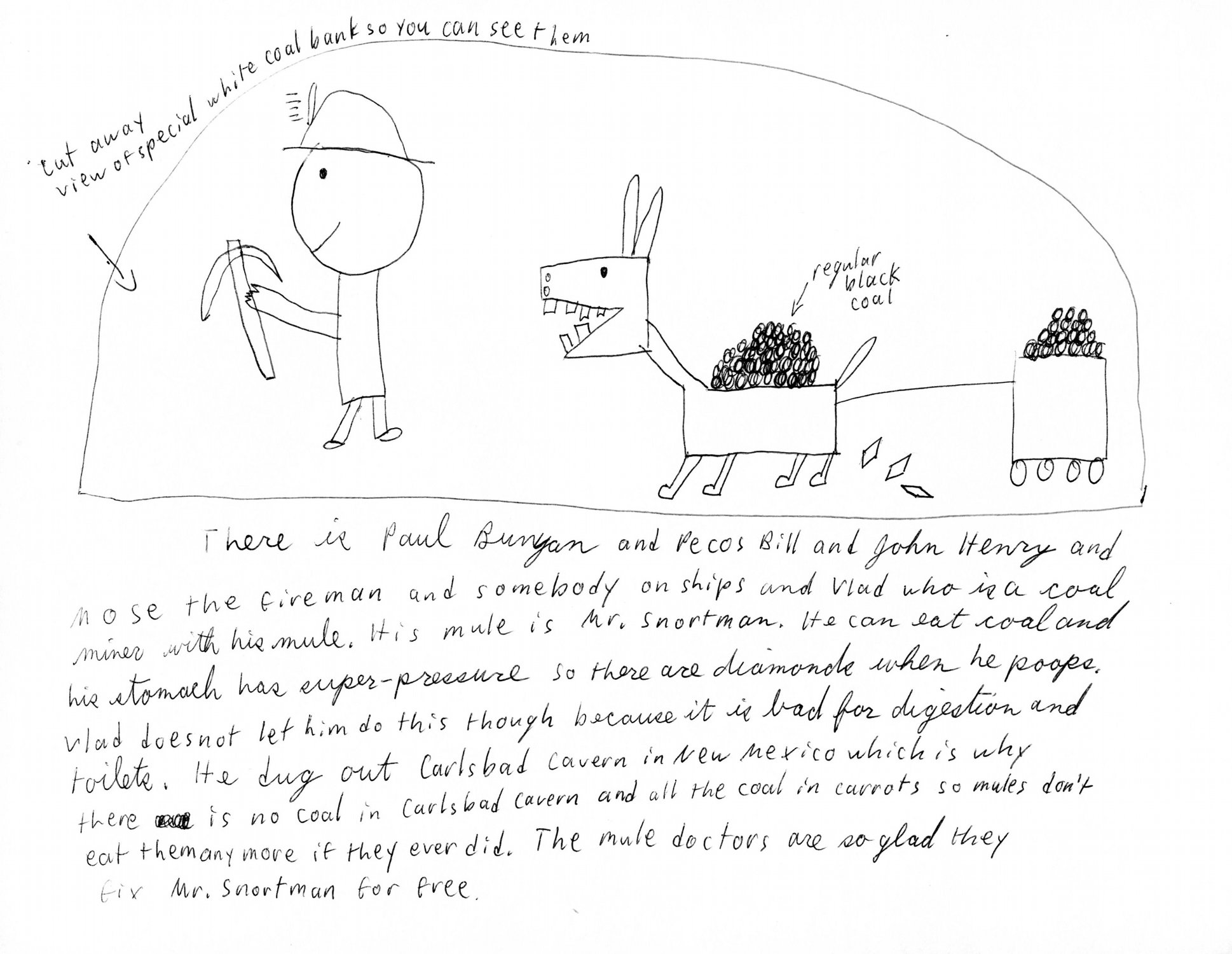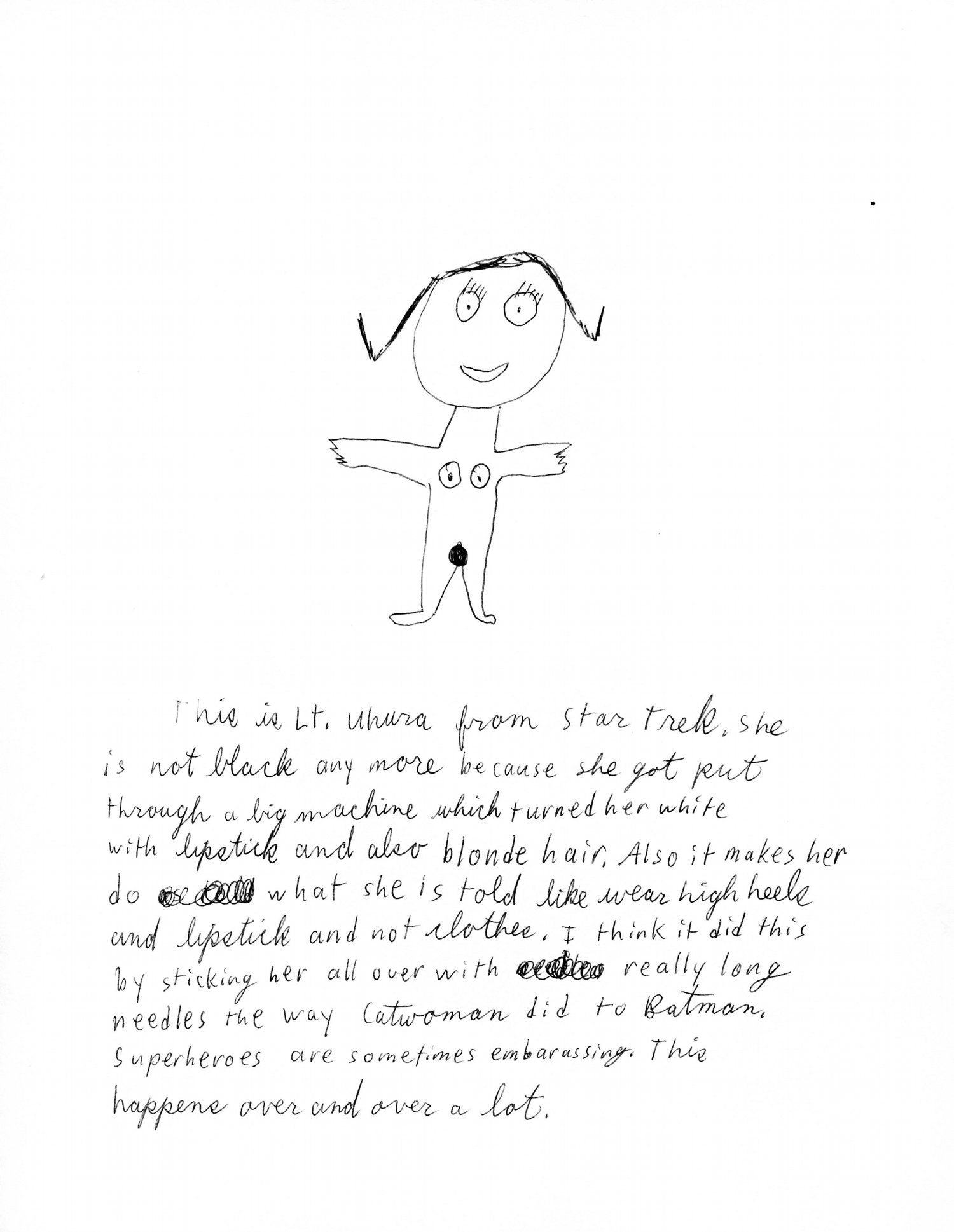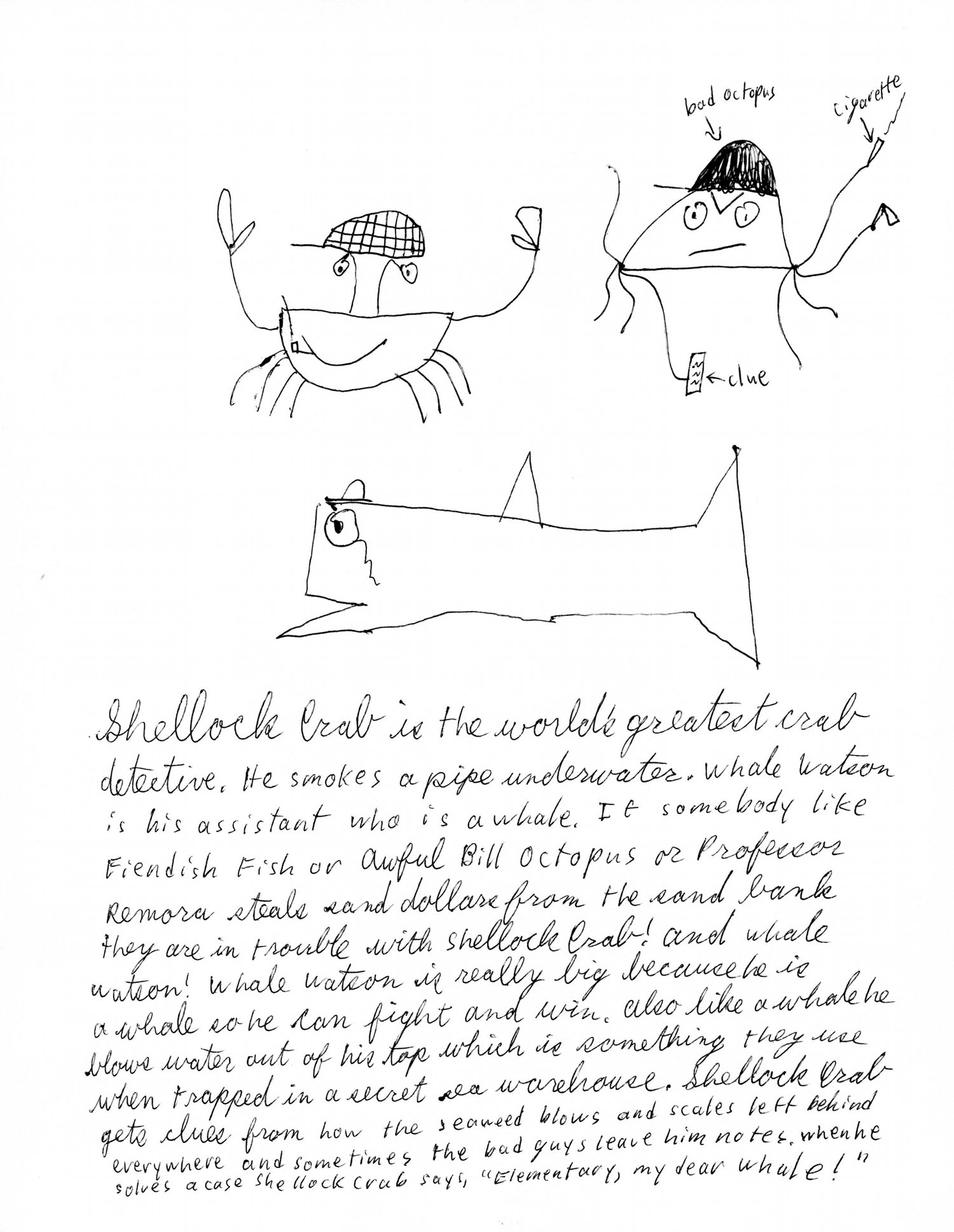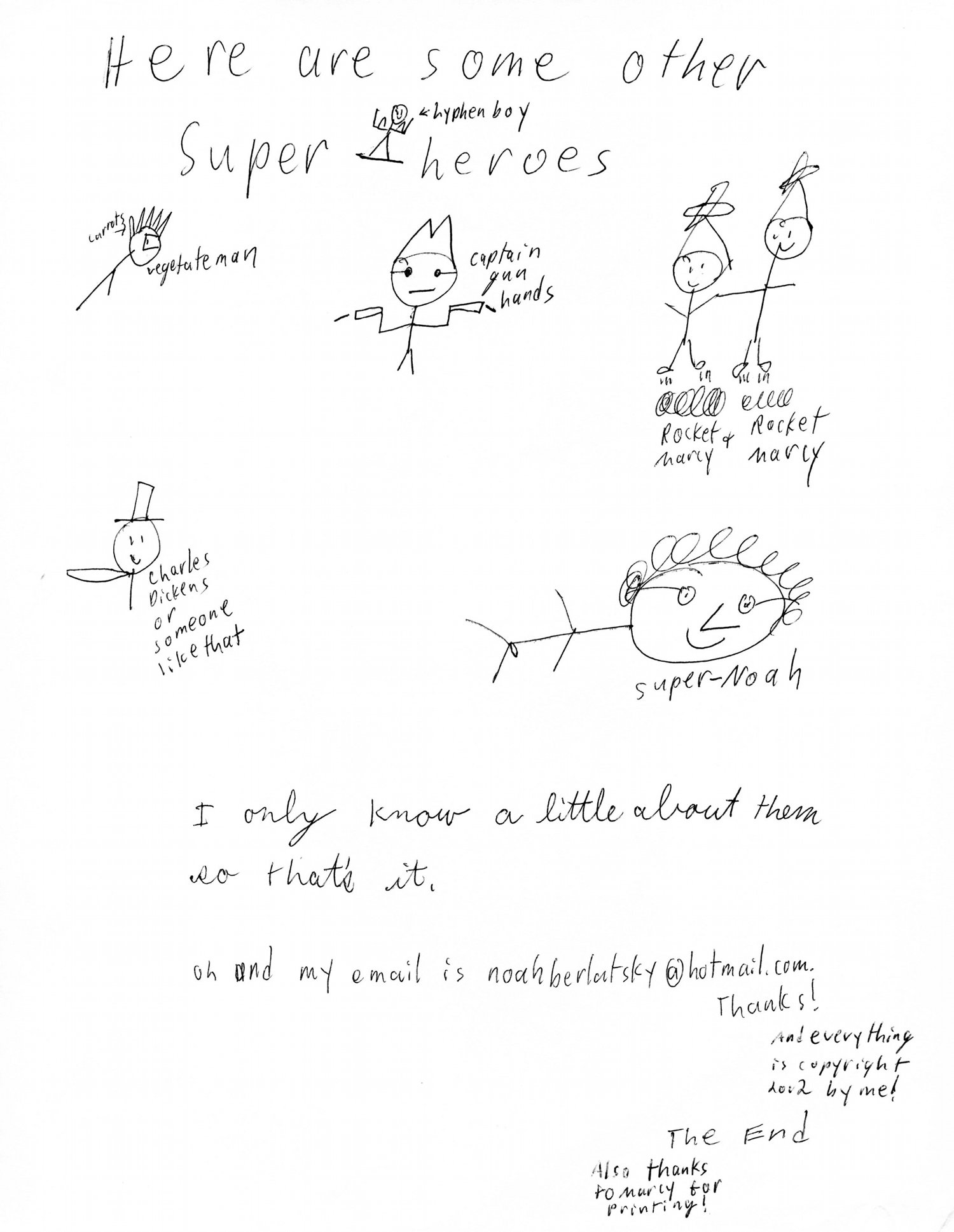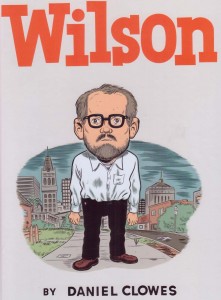Tom Spurgeon of The Comics Reporter was kind enough to agree to an interview about criticism and art. We communicated by email.
______________________________
Noah: Your site seems to work to promote a sense of comics as a community —pointing out events and birthdays and doing collective memory projects like the one involving Frank Frazetta. So I guess the first question is, do you see what you’re doing as encouraging, or serving a comics community? And does criticism work against that sense of community, or is it one way of building it?
Tom Spurgeon: No, I’m not really interested in a comics community in that way. I just write pieces I’d want to read. I can see how you’d think that. For instance, I don’t really care about people’s birthdays, I just think it’s interesting to know how old certain industry players and important artists are, and it’s a handy structure for routinely exposing people to art they might not be aware of. You’ll note I don’t run the birthdays without a birth date, although people frequently ask me to.
I have no idea what role criticism might play towards any sense of community. I would assume any community would want to embrace a self-critical aspect and would ideally value the people that challenge conventional wisdom on a routine basis. At least that’s what my pet unicorn Daughtry tells me.
More generally, what do you think the point of criticism is?
Writing about comics for me is about as deep as that I like writing about comics. As someone who reads some criticism, I know that I appreciate it most when I get some insight into the work being examined and that I encounter effective prose. I know when I was a kid and lacked the tools to find things on my own, criticism was a way to learn about stuff I wouldn’t see otherwise. I wouldn’t be able to speak to your question generally, nor would I presume I could.
If you just like writing about comics, what is it about comics as a medium that particularly engages you?
I do like the medium, although I’m a theater guy first, preference-wise. Just in really basic ways. I like visual metaphors. I like that I don’t understand comics all that well — my big book would be called “Failing To Understand Comics.” I think that having an emotional attachment to comics from my youth is helpful in sustaining interest. I think I’m lucky in that it’s the most intriguing art form in terms of the number of artists over the last ten years making compelling work. Although it’s not a motivation, I think I’m lucky to write about comics because I don’t think I write well enough or am effective enough as a critic to have anyone pay attention to anything at all I’d say about prose or film or theater.
One thing I like about comics as a medium is that you can choose to engage comics while holding a variety of competing notions in mind at the same time. You can read a panel progression but also consider bigger and smaller elements of design. You consider what’s right in front of you but also project fundamental circumstances on things that aren’t portrayed. You can look at an object portrayed as the object it portrays but also as an object itself. I never get tired of that kind of thing. We live in an increasingly literal world, where people don’t like movies because they think the actress is too ugly, rather than being able to see her as attractive because you’re being asked to see her in the story that way. Comics is like the advanced class of the opposite of that.
Do you still follow theater?
I try to see as much live theater as I can, although it’s difficult given where I live. I still read a few dozen plays a year. My favorite playwrights are Stoppard, Pinter and Saroyan, although there are certainly individual plays that I admire, from a lot of playwrights. I like everything that Rebecca Gilman has written except for her hit, Spinning Into Butter. I really liked her play Crime Of The Century, about the Richard Speck murders. I liked reading Paul Peditto’s play Essanay.
I think live performance can be thrilling, and live performance unpacking a sophisticated worldview even more so. That’s the majority of it.
There’s a review of Comic Art Magazine from a while back in which you said approvingly, “Comic Art Magazine is a comics publication that rather than engaging with the good and bad of the medium right now has chosen to investigate the good and interesting no matter when it’s been done.” Do you think that criticism is more useful or worthwhile when it focuses on the good and interesting from all time rather than the shitty from yesterday? And, if so, on what grounds would you defend Tucker Stone’s writing, (which I know you’ve praised in the past)?
I apologize in advance if my memory is faulty here. As I recall, it’s more that I thought that was a particular strength of Comic Art, not that I was making a general principle known with CA as the example. It wasn’t really intended to be a grand theory of criticism in other words. Comic Art helped claim a bunch of works as good ones at a point where it was difficult — for me at least — to track the number of potentially good works coming out. It also gave voice to this curatorial impulse that a lot of interesting writers seem to have. It’s very foreign to my own. I’m sure I was back to trashing some poor guy’s life’s work and making Vinko Bogataj jokes within hours after writing that about Comic Art.
I’m not sure exactly what I’ve written about Tucker’s work. I like how engaged he is; I get the sense it’s important to him. He’s kind of the current paragon of youthful enthusiasm for writing about comics – this generation’s Jeff Levine. He’s one of those critics I find useful because his reading habits are very different than my own. I’m entertained by him, which is a bigger deal than you might imagine when you’re reading like 40-50 people on a regular basis.
As long as I’ve mentioned Tucker, I wondered if you could maybe comment further on this quote of his from your interview with him. This is where he said:
There’s a temptation to label mainstream fans as being lazy for not caring about Swallow Me Whole or Blankets, to call them “bone-ignorant” — that’s just a bunch of horseshit. It’s an attempt by boring assholes to assign an overall meaning to a bunch of personal choices made by a group of people that those boring assholes don’t know anything about. On an individual level, I’ve heard a couple of people say they don’t want to read comics that focus on the mundanities of regular life, but I’m more often exposed to people who just like what they like because it’s what they fucking like….
I read a lot of different comics because I like comics, because I like to see as much contemporary stuff as possible. But I’m pretty sure I don’t deserve a prize for that, the same way I’m pretty sure that nobody else deserves a prize for only liking one type of thing in the first place. The world isn’t going to become a better place if everybody starts reading a wider variety of comics. Not going to happen. It might make the conventions more interesting, that’s about it.
I know you said you disagreed with Tucker there — I’m wondering if you could flesh out why a little. Do you think it is ignorant to refuse to try different kinds of comics? Is the point of criticism to some extent to tell people when they’re being bone-ignorant?
No, I don’t think it’s ignorant to refuse to try different kinds of comics. I think that’s healthy. I’ve always been a proponent of read what you like or read for the purposes you think important. The fact that anyone would NOT be a proponent of that seems pretty crazy to me. I have a brother who’s as smart as they come and every comic in his collection has either Namor, Black Bolt or the Badger in it. I’m not kidding for effect. That is his actual collection. It fits into a couple of beer cases and I think it’s a pretty perfect thing. Comics for him provide a certain kind of entertainment and he knows exactly what he wants out of them. Similarly, I like a certain kind of jazz more than others and prefer early 20th Century novels.
Two things, though.
First, where Tucker kind of irritated me there is that the question of ignorance was asked by me, not presumed by me, and I think he got some points there kind of beating me up on a position I don’t really have. It’s one that I recognize, especially as a first reaction, but not one I share.
Second, I think the ignorance isn’t in limiting one’s reading but in not recognizing that one’s reading is limited, in strongly dismissing things out of hand because they’re not your cup of tea.
I guess that could be the point of criticism to some extent, to call people names or to advocate for the expanding of horizons. It’s not really for me, not most days, but those seem like fine goals all said.
I know you’ve said at some points that in criticism you look especially for writers who deal specifically with the work at hand. I wonder if you could talk about what you mean by that.
One of my favorite writers about comics is Bob Levin, who is kind of a classic case of a guy who’s not always interested in dealing with the work in front of him. I’m very interested in a lot of different kinds of writing about comics. I do find useful writers that are engaged with the text, where it doesn’t seem like you could swap out any number of books and get roughly the same piece. Mostly that’s because I’m not a very strong reader, I don’t think I pick up on the nuances and complexities of a lot of works. So I admire that in others.
I don’t have the time to provide examples of works that are less engaged with the subject matter in front of them, but I think we know them when we see them: reviews that spend the majority of their time repeating general principles about a genre or creator, reviews where the reviewer speaks about themselves more than the work in question.
Could you point to a recent critical article you really disliked and talk briefly about why?
I didn’t like the Savage Critics roundtable on Wilson. I thought most of the opinions were inarticulately expressed, I didn’t understand at all some of the lines of reasoning like when Abhay Khosla brought up Art School Confidential like it should disqualify Clowes from speaking on – having a character speak on, even! – the movie business, and I was left with the overall impression that some of those guys really were just deep-down pissed about that Dark Knight crack.
I basically agree that saying, “Well, Clowes’ character shouldn’t talk about Dark Knight because Clowes was involved in a lousy movie,” seems ridiculous. I do have some sympathy with the irritation Abhay expresses. Which is, there’s a default stance in certain regions of lit comics land which is basically: “life sucks and people are awful.” Which I think is glib and overdone and tedious, a, and which, b, can be made even more irritating by the fact that the people promulgating it are, you know, fairly successful, and (what with various autobiographical elements thrown in) the result often looks like a lot of self-pity over not very much.
So…I’m wondering how strongly you would push back against that characterization of lit comics in general…and also whether you feel it is or is not ever appropriate to think about a creator’s biography in relation to his or her work in that way.
At this point I wouldn’t push back at all against the stance that says the default mode in lit comics land is basically “life sucks and people are awful” because it’s no longer an argument I take seriously. I don’t think it’s true by any reasonable measure and I’m done with entertaining the notion until someone presents the argument in a much more effective or compelling fashion than what always sounds to me like some angry, lonely, re-written Usenet post from 1997.
As for creator’s biographies, I don’t know that I’m the arbiter of what’s appropriate or not, and I’m not sure I understand the use of that word here. I think it’s fine to consider biography when looking at a work. Why not?
Could you talk about a recent critical article you liked?
I liked Jesse Hamm’s short piece on Frank Frazetta. I’m like most comics critics in that I’m poorly prepared to talk about art in that way, and I thought his piece had an admirably clean and straightforward quality to it.
And finally; your enthusiasm for the Jesse Hamm review has a lot to do it seems with the professional knowledge he brings to the discussion as an artist. Do you think that criticism by comics creators is especially worthwhile or useful in general? Do creators bring more insight to their criticism than most critics do?
First, I wouldn’t say “enthusiasm.” I liked the piece, Noah, but I don’t recall getting enthusiastic about it. I didn’t even bring it up until you asked. Also, I clearly stated I liked things in Jesse’s piece like the presentation and tone, which are just as important as the exercise of Jesse’s artistic knowledge in building that piece. You seem a bit over-concerned with pinpointing my passionate endorsements of these things that I like, and extrapolating some principle or set of principles to which I must logically adhere as a result of liking A, B or C. It really doesn’t work like that. I wish I were that disciplined and consistent.
As for the questions: I like criticism from comics creators when it’s good criticism. I don’t think criticism from comics creators has any special quality that makes it any better or worse than criticism generally. One thing that might get underestimated is that the average cartoonist spends way more time than the average writer-about-comics thinking about comics. I get to spend three hours a day with comics; someone like Seth may spend 8-10 hours a day working on them. So I think there’s an advantage that cartoonists have just from time sunk into thinking about the art form.
[On second thought Tom noted that Seth should probably be changed to “a working cartoonist.” He noted:”Seth probably spends most of his time on his illustration work, and I can’t really speak to anyone’s individual schedule.”]
There are trade-offs, too. I think a lot of creators have a hard time not letting their personal outlook on making art bleed into their critical perception of art. I think artists build pantheons for themselves in terms of making art and then are tempted to argue a bigger place for their idols in history because of that rooting interest. Things like that.
_____________
Update: In a somewhat heated back and forth in comments, Tom expands on some of his remarks and questions my integrity, so scroll down if that sounds appealing.


